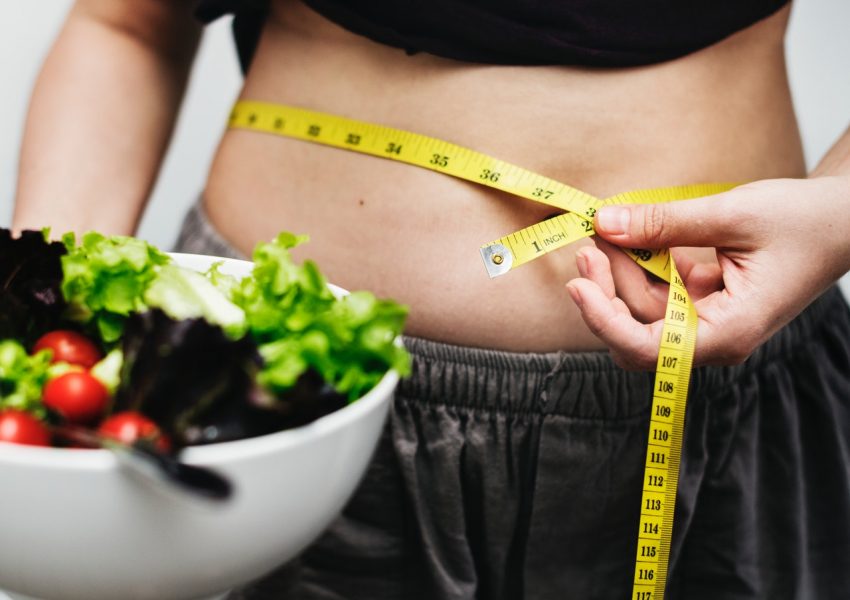The “five-second rule” keeps dropped food safe:
The five-second rule has saved you from having to remake your meals plenty of times right? Bad news, however: food that has contacted the floor will remain safe after five seconds is a myth. Unfortunately, it only requires a tiny fragment of a second for bacteria to contaminate your food; it happens so quickly there is no way you can pick it up in time to save it unless you have the Flash’s superhuman speed. However, keep your flooring clean if you wish to try your luck, and hope for the best.
Chocolate is an aphrodisiac:
This is a myth that has existed since the 80s and is likely the reason chocolates fly off the shelves on February 14th. Those heart-shaped boxes do not have as significant of an impact as some may think. Studies have not been able to establish a proper link between chocolates and sexual stimulation and satisfaction. However, it does not mean the placebo effect is not still going strong.
Since folks believe chocolate can help them ramp up their sexual drive, they can make it happen by thinking it will. There may be no science, but hey, if it works, it works right?
Eating fat makes you fat:
Despite the fact that avocados, walnuts, olive oil, along with other wholesome fats are filled with body-boosting advantages, there is still this weird fear that eating fat will make you fat, even though it’s wholly a myth.
Many fear eating fat, the myth originating from the trend that captivated the public from the ’90s. However, it’s wrong. When you boost your healthy fat consumption and decrease your intake of processed, white carbohydrates, you are going to stay satiated longer, stabilize your blood sugar, and instruct your body to burn off excess body fat, rather than rely on rapid bursts of carbohydrates and sugar for energy.
Organic food is better for you:
When it’s more expensive, it is better for you, right? Not necessarily. Despite food being free of pesticides and insecticides, there is no evidence that it is any better for you than standard food.
A 2012 research from Stanford University looked to the distinction between organic and non-organic foods and did not find anything that showed the natural variations were any more nutritious or carried fewer health risks than the normal stuff, although people are paying more in the grocery store for this. Eat your fruits and veggies and do not be worried about paying a premium.
Eight glasses of water a day:
When it comes to drinking water, everybody tends to abide by the same standard rule: Drink eight glasses each day to stay healthy and hydrated. The funny thing, those two don’t go hand in hand. It’s entirely a myth as everybody’s body is different- we all have different heights, weights, activities that we do, and climates that we live in. You do not have to abide by a strict rule to receive all the fluids your body requires. According to the Mayo Clinic, correct intake has more to do with you as an individual, not a standard number: Folks should drink based on their age, location, and health, and- also keep in mind that a number of those fluids may come from foods.
